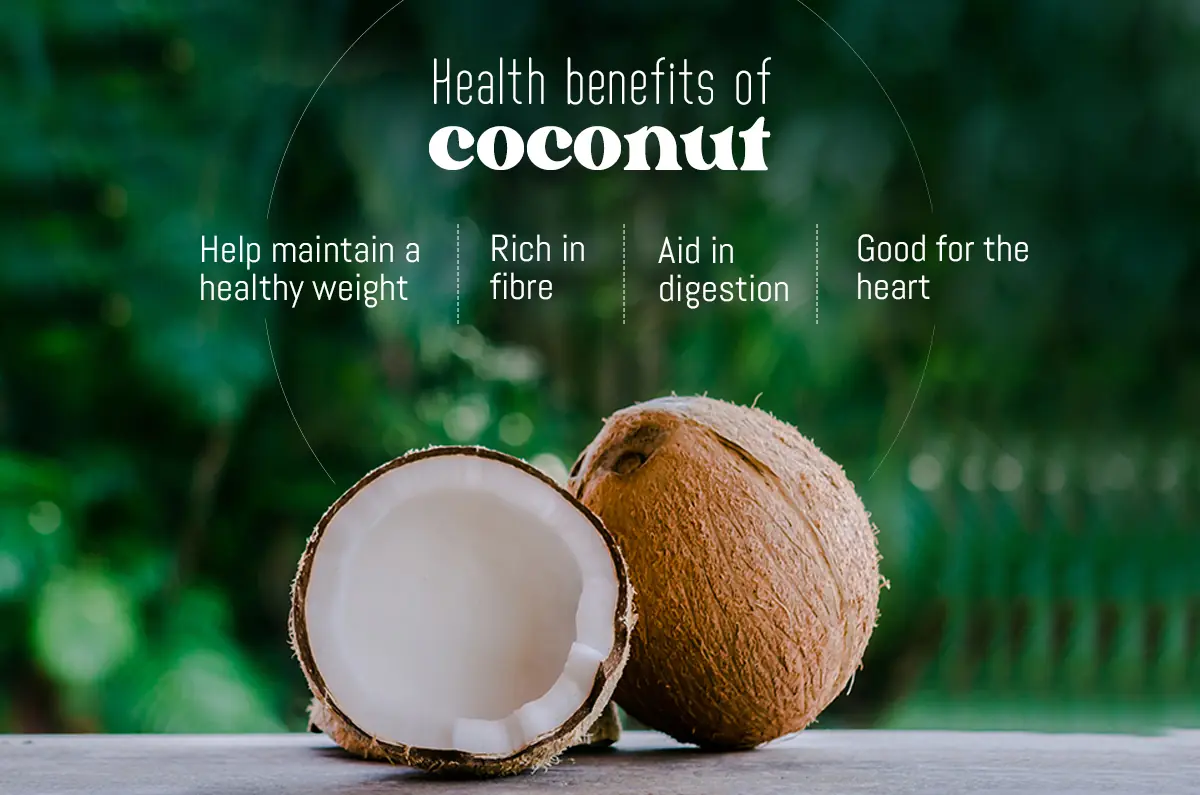
How to Get Rid of Phlegm and Mucus in the Chest and Throat
How to Get Rid of Phlegm and Mucus in the Chest and Throat
Feeling a constant need to clear your throat or struggling with chest congestion can be frustrating. Excess phlegm or mucus buildup is your body’s way of protecting the airways from irritation — but when it becomes too thick or too much, it can cause coughing, sore throat, or even breathing discomfort. Fortunately, there are natural remedies and simple habits that can help loosen and clear mucus effectively.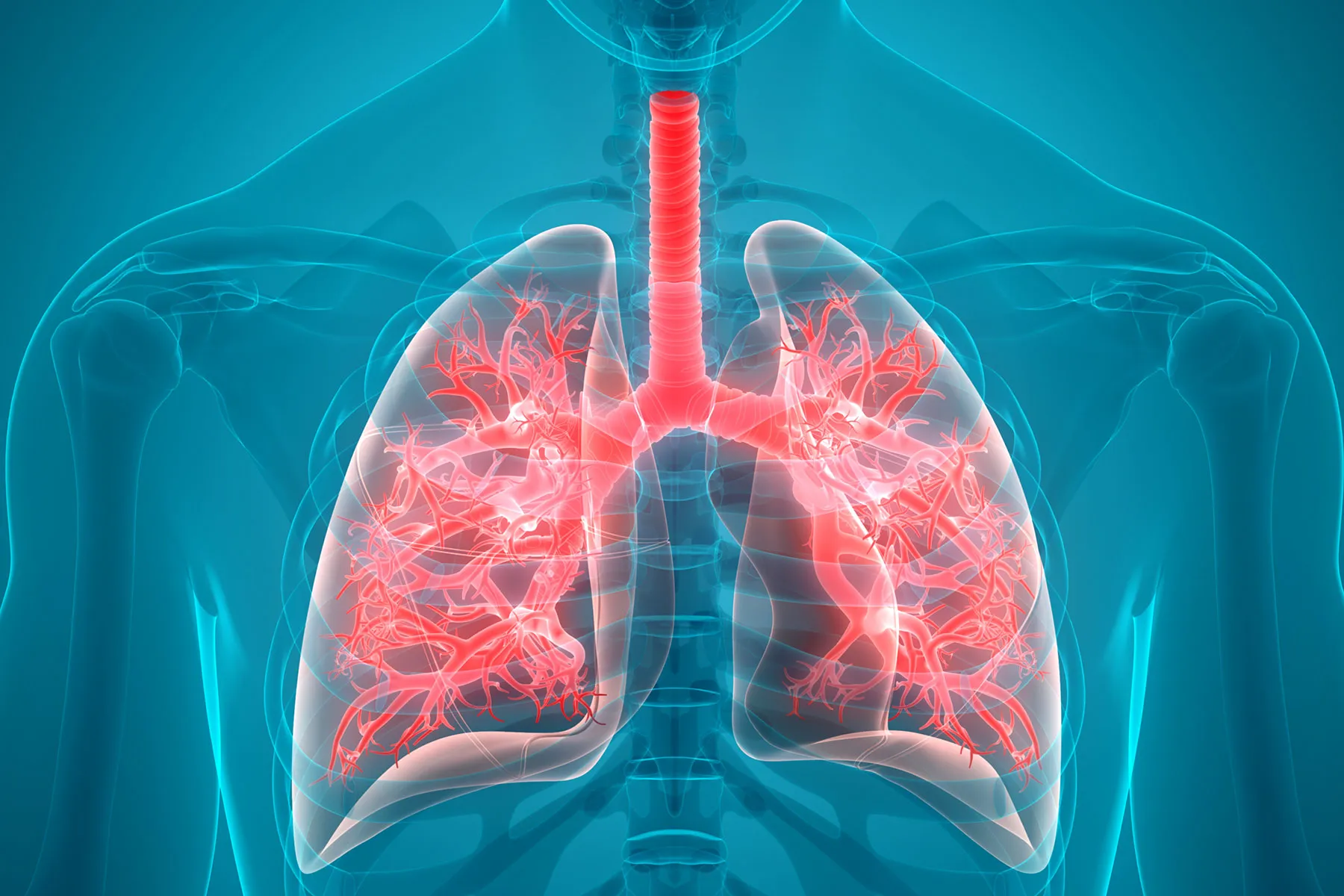
1. Stay Hydrated — Water is Your Best Medicine
Drinking plenty of fluids is the simplest and most effective way to thin mucus. When you’re dehydrated, mucus becomes sticky and harder to expel. Aim to drink warm water, herbal teas, or clear broths throughout the day. Warm liquids not only soothe the throat but also help break up congestion in the chest. Avoid sugary drinks and alcohol, which can make mucus thicker.
2. Inhale Steam for Natural Relief
Steam inhalation helps loosen phlegm, making it easier to cough up. You can fill a bowl with hot water, cover your head with a towel, and inhale the steam for 5–10 minutes. Adding a few drops of essential oils like eucalyptus or peppermint may enhance the effect — both have natural decongestant and anti-inflammatory properties. A warm shower can also help clear mucus and relieve chest tightness.
3. Try Warm Salt Water Gargles

If the mucus is mainly in your throat, gargling with warm salt water can help. Salt reduces swelling and draws out mucus from the throat lining. Mix half a teaspoon of salt in a glass of warm water and gargle several times a day. This simple remedy can relieve throat irritation and keep bacteria at bay.
4. Use a Humidifier to Add Moisture to the Air
Dry indoor air can worsen congestion and make mucus thicker. Using a humidifier in your room — especially while sleeping — keeps your airways moist and comfortable. Make sure to clean the humidifier regularly to prevent mold or bacteria buildup. If you don’t have one, placing a bowl of hot water near your bed can have a similar effect.
5. Consume Foods That Naturally Break Down Mucus
Certain foods help your body dissolve mucus naturally. Try incorporating the following into your diet:
-
Ginger and honey – both have soothing and anti-inflammatory properties. A cup of warm ginger tea with honey can help calm the throat and clear mucus.
-
Garlic – a natural antimicrobial that helps fight infections causing excessive phlegm.
-
Pineapple – contains bromelain, an enzyme known to reduce mucus and inflammation in the respiratory tract.
-
Spicy foods – chili peppers, wasabi, or horseradish can temporarily clear sinuses and help drain mucus.
Avoid dairy products, fried foods, and excessive sugar, which can sometimes increase mucus production.
6. Practice Controlled Coughing
If phlegm has settled in your chest, controlled coughing can help move it out. Sit up straight, take a deep breath, and then cough firmly but gently from your diaphragm. This is much more effective than random coughing fits, which can irritate your throat without clearing mucus.
7. Elevate Your Head While Sleeping
Sleeping flat can cause mucus to collect in your throat overnight. Try using an extra pillow or slightly elevating your upper body to allow mucus to drain naturally and prevent postnasal drip while you rest.
8. Avoid Irritants That Trigger Mucus Production
Cigarette smoke, pollution, perfumes, and chemical fumes can all irritate your airways and make your body produce more mucus. If possible, avoid smoking and limit exposure to dusty or polluted environments. Using an air purifier at home can also help reduce indoor allergens.
9. Consider Herbal Remedies and Natural Expectorants
Several herbal remedies can help expel mucus naturally. Licorice root tea, thyme tea, and ivy leaf extract are known for their expectorant properties. These herbs help relax the airways and make it easier to cough up mucus. Always consult a healthcare provider before starting any herbal supplement, especially if you have existing medical conditions.
10. When to See a Doctor
While mucus is usually harmless, persistent or thick phlegm may indicate an underlying issue such as sinus infection, bronchitis, allergies, or acid reflux. If you notice yellow, green, or bloody mucus, experience chest pain, fever, or difficulty breathing, seek medical attention immediately.
Final Thoughts
Getting rid of phlegm and mucus in the chest and throat doesn’t always require medication. By combining hydration, natural remedies, and simple lifestyle adjustments, you can help your body clear excess mucus and breathe more comfortably. However, if symptoms persist or worsen, don’t ignore them — your body may be signaling that it needs more than just home care.
News in the same category


8 foods that kill cancer cells

Bananas: The Underrated Superfruit You Should Be Eating Every Day

5 types of fish are
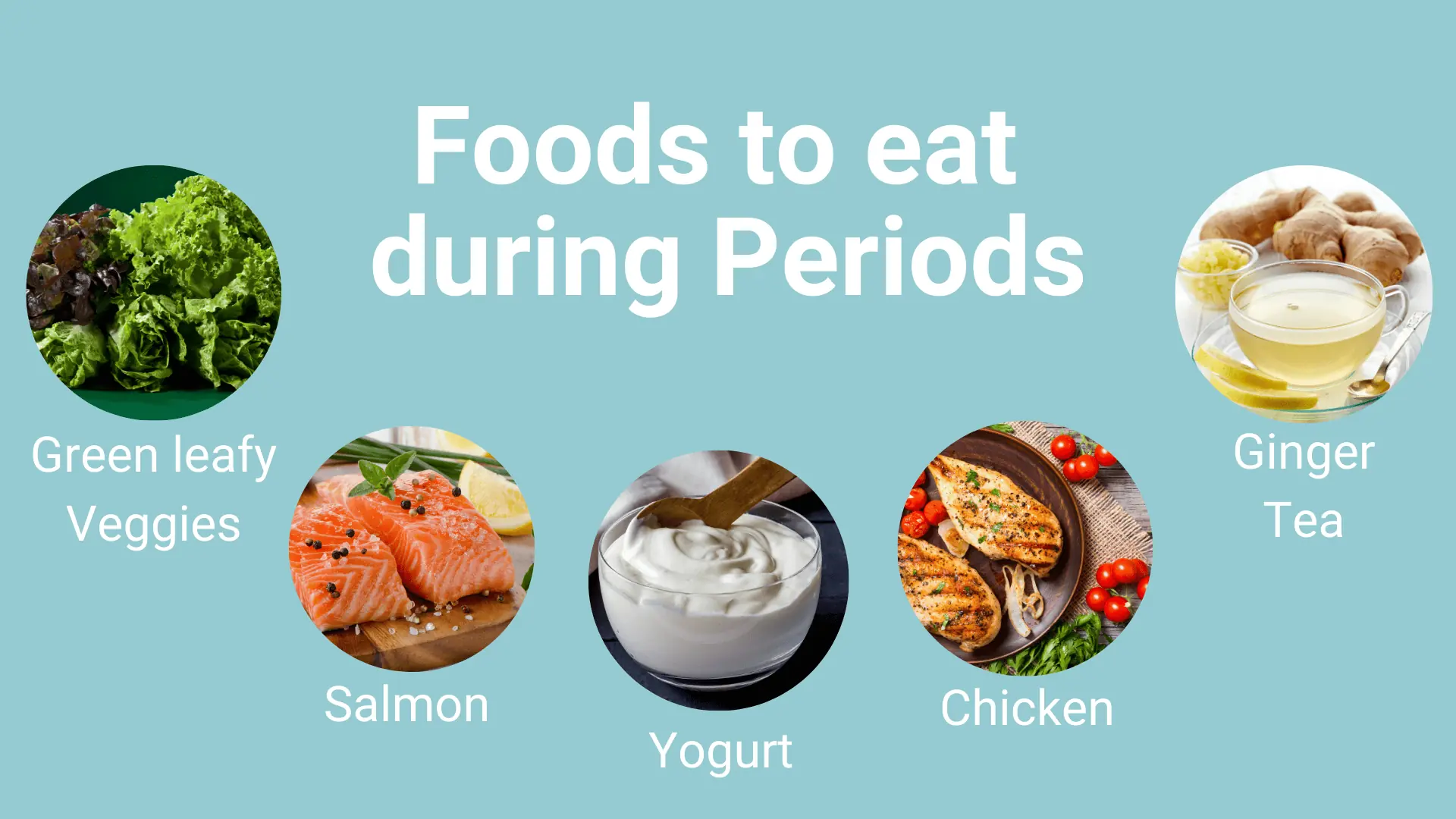
What to Eat (and Skip) During Your Period — Feel Better, Not Bloated

5 Unusual Signs in Your Feet That Might Be Your Kid.neys Crying for Help

People with liver failure often have 3 characteristics on their hands, if you have 1 you should see a doctor soon

90% of Stroke Patients Consistently Did These 3 Small Things Before Their Stroke

8 foods that ki.ll can.cer cells

These 3 vegetables have a high risk of causing ca.n.cer. Know early to avoid them and tell your loved ones!
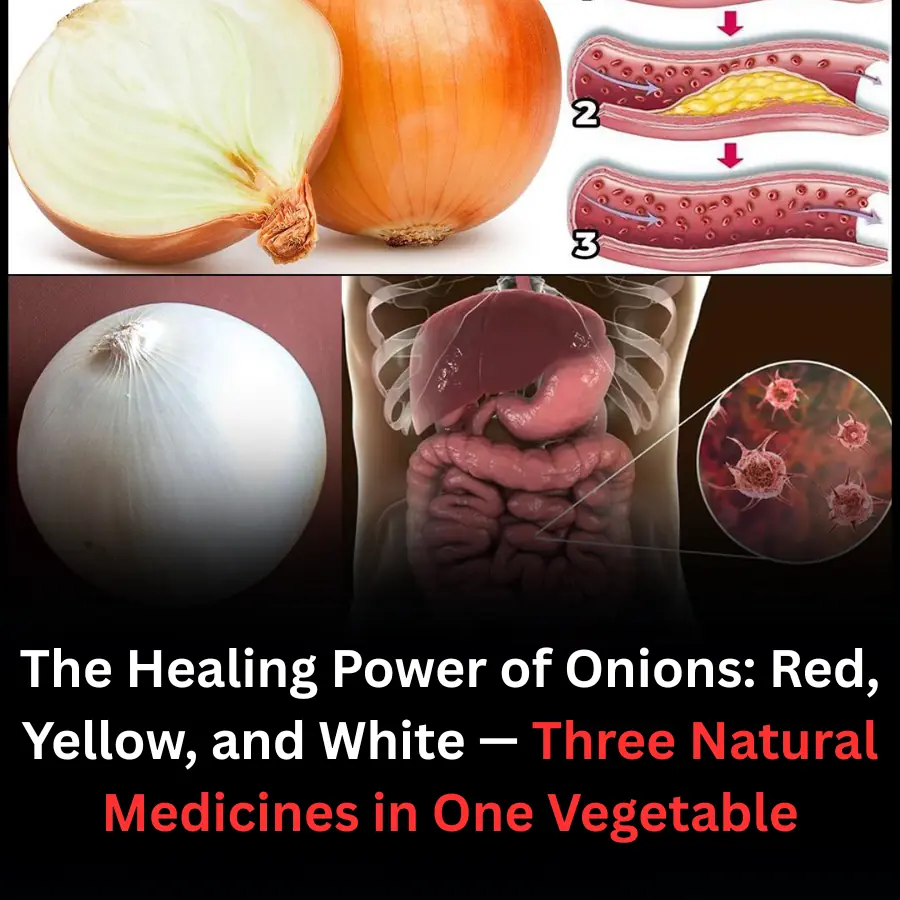
The Healing Power of Onions: Red, Yellow & White — Three Natural Medicines in One Vegetable

The Power of Castor Leaves: Nature’s Hidden Gift

Breathing Problems at Night? Try These Sleep Positions to Breathe Easier 😴🌿

Is Sugar Secretly Hurting Your Heart? Here’s What You Need to Know

Older Adults, Your Muscles Are Disappearing Without This Food in Your Diet
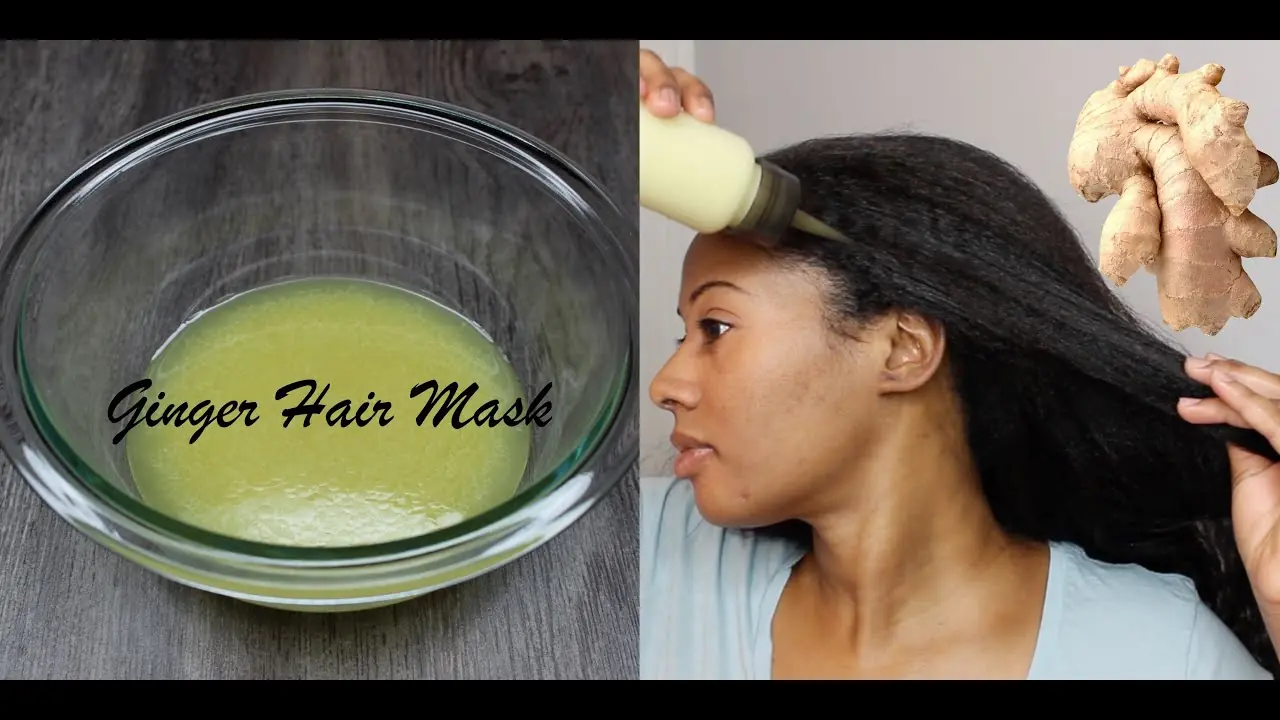
Unlock the Ancient Hair-Growth Secret That Boosts Length Naturally — No Chemicals, Just Pure Power

7 Subtle Signs Can.cer Might Be Growing Inside Your Body — Listen Before It’s Too Late
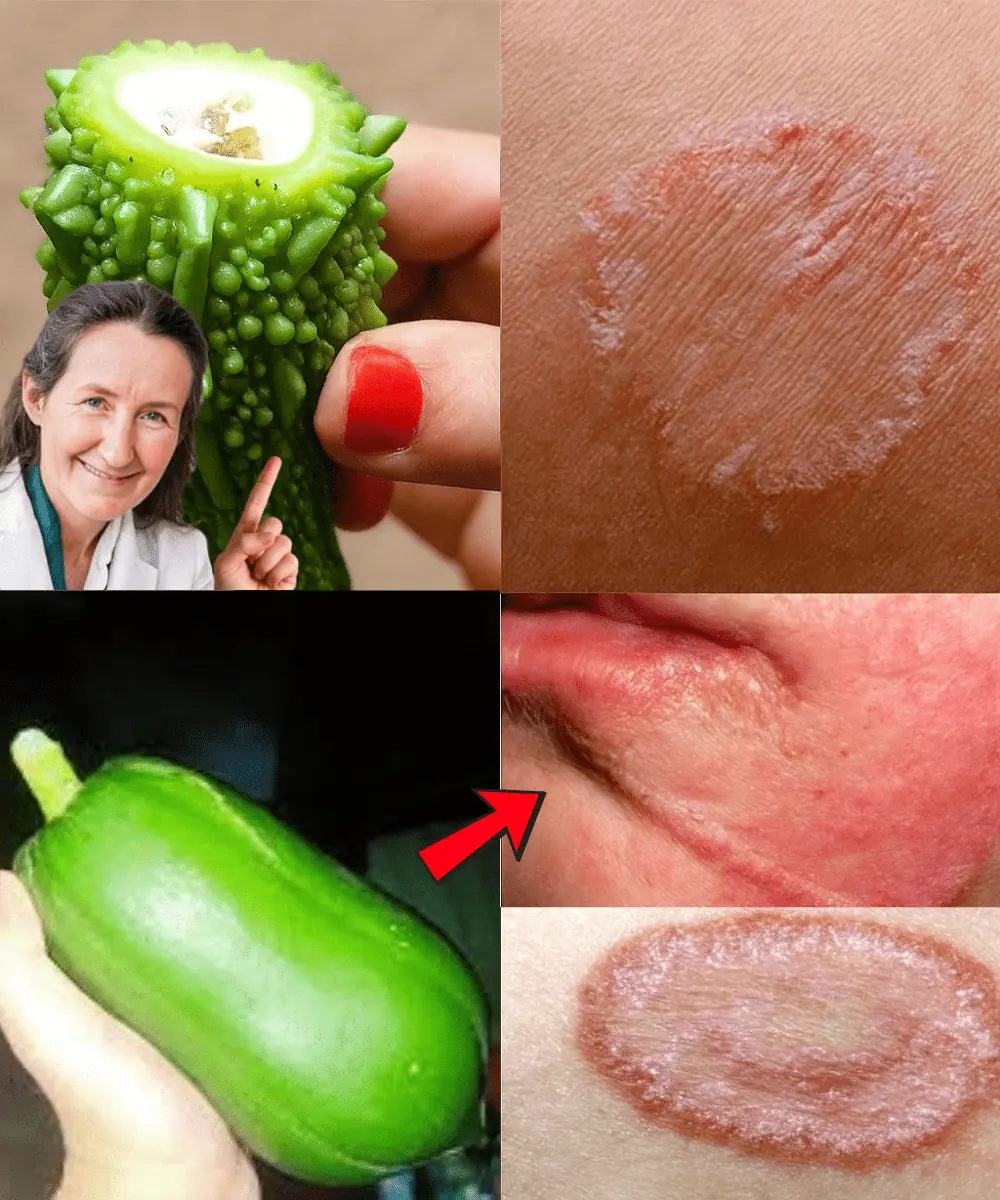
9 Natural Remedies That Wipe Out Fungal Infections Fast — No Chemicals, Just Results
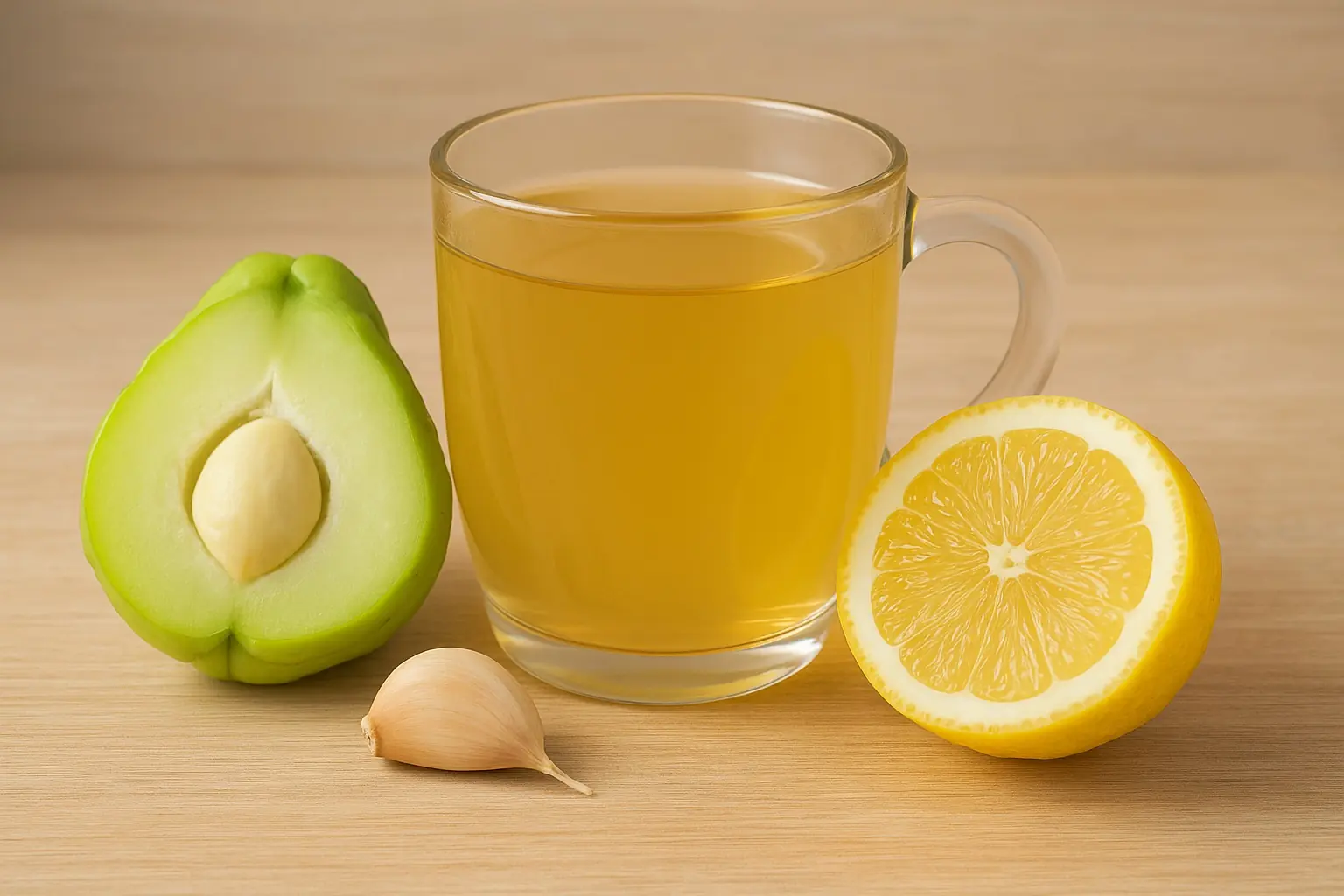
The 10-Minute Morning Tonic That Melts Away Swelling, Stiff Joints, and Circulation Fatigue
News Post

7 Surprising Health Benefits of Coconut You Need to Know

8 foods that kill cancer cells

Bananas: The Underrated Superfruit You Should Be Eating Every Day

Boy shares a heartfelt hug with his dog before surgery

The Ultimate Hair Care Routine for Men & Women

The difference between red peanuts and white peanuts

The difference between red peanuts and white peanuts
8 Powerful Reasons to Add More Citrus to Your Diet

5 types of fish are

What to Eat (and Skip) During Your Period — Feel Better, Not Bloated

5 Unusual Signs in Your Feet That Might Be Your Kid.neys Crying for Help

People with liver failure often have 3 characteristics on their hands, if you have 1 you should see a doctor soon

Small Changes, Big Results: The Simple Way to Manage Your Weight

90% of Stroke Patients Consistently Did These 3 Small Things Before Their Stroke

8 foods that ki.ll can.cer cells

These 3 vegetables have a high risk of causing ca.n.cer. Know early to avoid them and tell your loved ones!

The Healing Power of Onions: Red, Yellow & White — Three Natural Medicines in One Vegetable

The Power of Castor Leaves: Nature’s Hidden Gift
